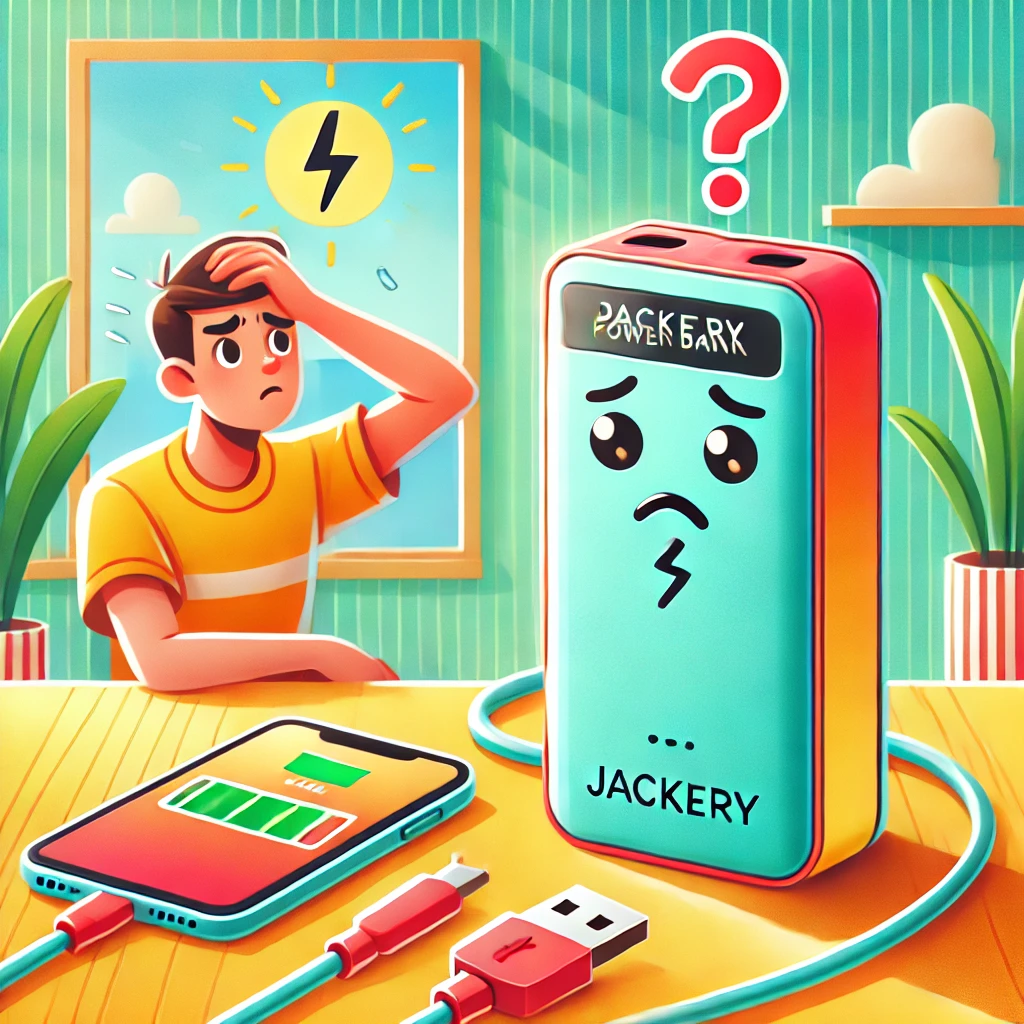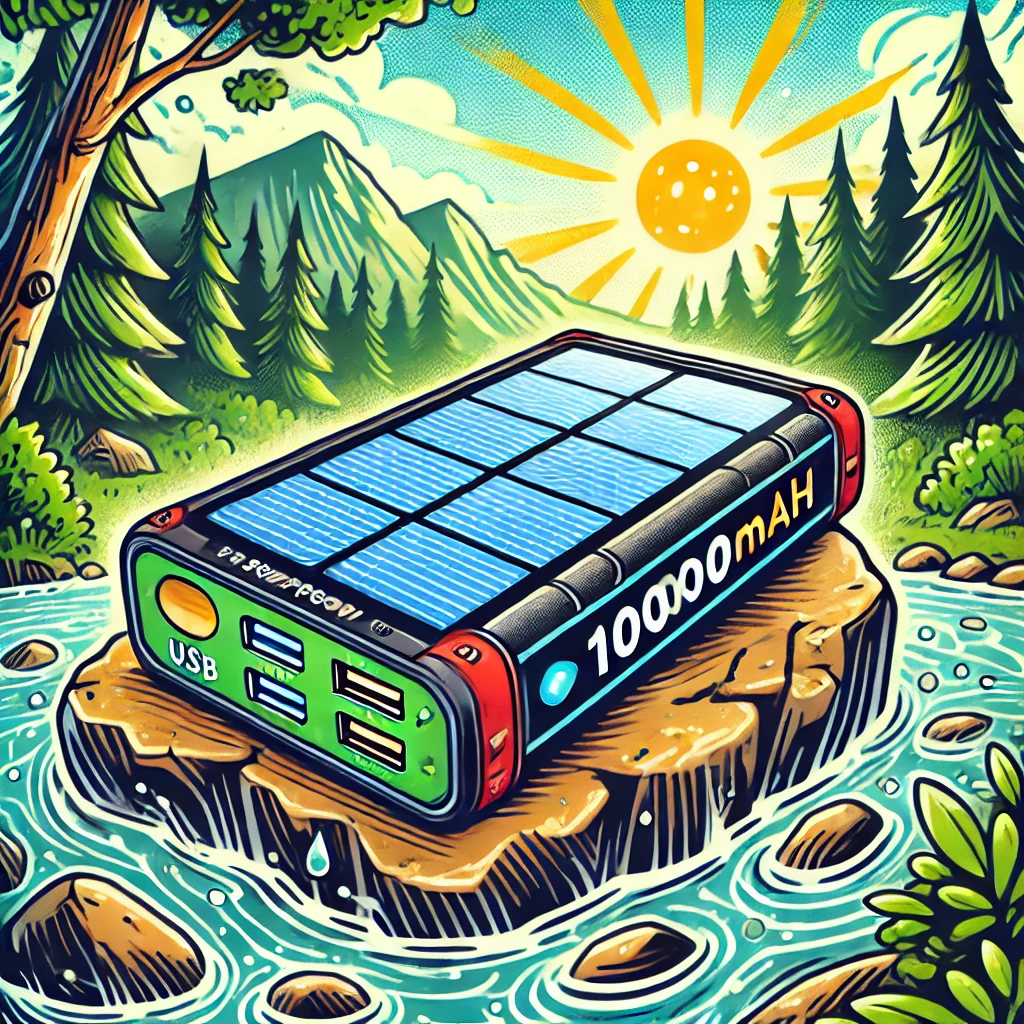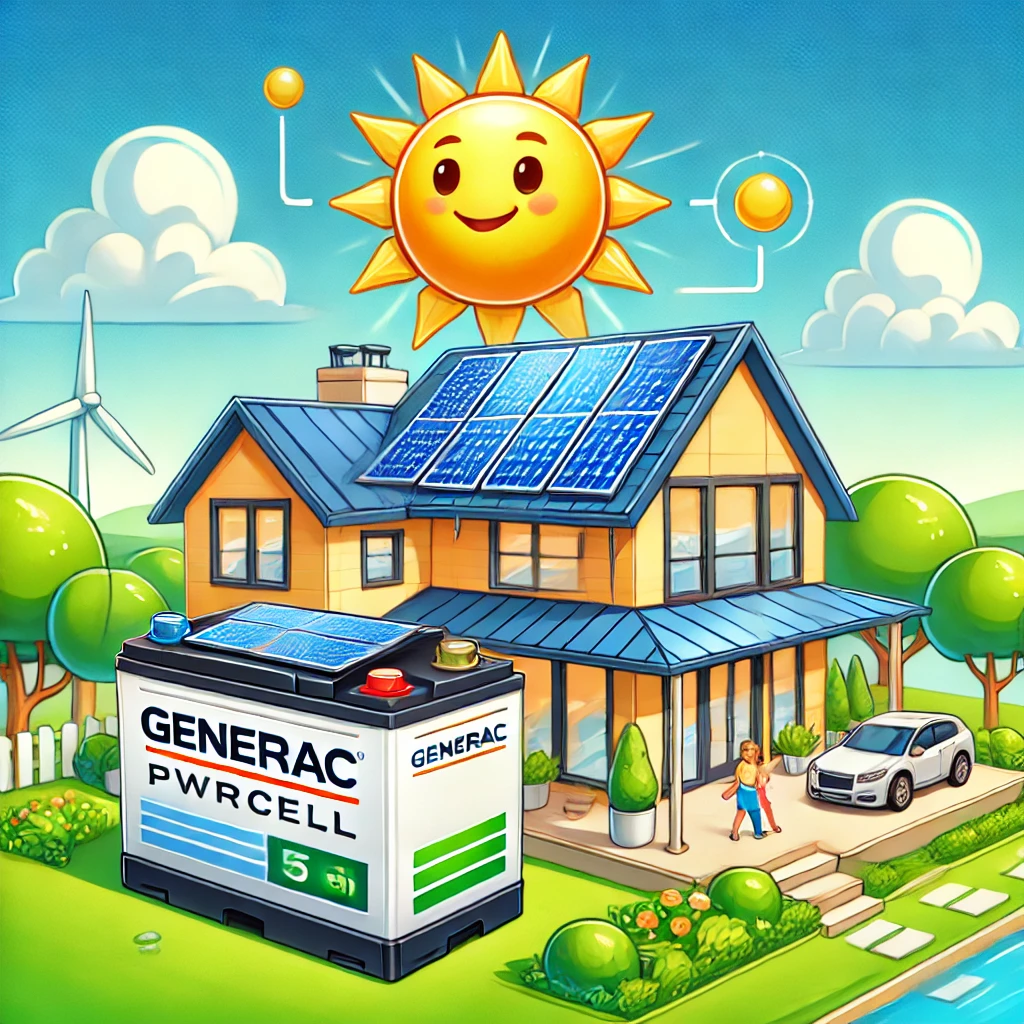Why You Need a Backup Generator for Your Off-Grid Solar System
Living off the grid has never been more empowering—but it’s also never been more dependent on having the right energy setup. Whether you’re building a cabin in the mountains, homesteading on rural land, or living van life full-time, a reliable off-grid solar power system is essential. But even the best solar setups can run into trouble during cloudy weeks or extended storms. That’s where a backup generator becomes your ultimate fallback—ensuring power continuity when the sun doesn’t cooperate.
In this guide, I’ll walk you through the best backup generators for off-grid solar systems in 2025. We’ll explore top-rated models, essential features, compatibility with solar inverters, and everything you need to make the right investment.
What Is a Backup Generator for Off-Grid Solar?
A backup generator for off-grid solar is a fossil-fuel-powered energy source—usually gasoline, propane, diesel, or dual-fuel—that supplements or replaces solar power during low production periods. It integrates with your battery storage system to:
- Charge batteries directly via AC input
- Run appliances when solar is down
- Support higher loads than solar may be able to deliver at a given time
These generators aren’t meant to run 24/7, but rather to fill in power gaps, keep batteries from depleting, and ensure essential systems (like refrigeration, water pumps, or internet) stay up and running.
Key Features to Look for in a Solar Backup Generator
Not all generators are compatible with solar systems. Here’s what to prioritize:
| Feature | Why It Matters |
|---|---|
| Inverter compatibility | Must be able to connect with solar inverters like Victron, Outback, or Schneider. |
| Low Total Harmonic Distortion (THD) | Clean sine wave output avoids damaging sensitive electronics. |
| Fuel efficiency & runtime | Longer runtimes with less fuel mean lower maintenance and fewer trips with gas cans. |
| Remote start | Lets you trigger the generator automatically or via app/signal from your solar charge controller. |
| Auto start/stop or two-wire start | Essential for seamless integration with your solar controller for battery voltage-based activation. |
| Noise level | Especially important for residential or rural living—look for units under 70 dB. |
| Weather protection | Off-grid often means outdoor placement—make sure it can handle the elements. |
Top 7 Best Backup Generators for Off-Grid Solar Systems (2025)
Let’s break down the most trusted and solar-compatible backup generators in the market today. These have been selected based on real-world use cases, compatibility with solar inverters, fuel efficiency, and reputation for reliability.
1. Honda EU7000iS – Best Quiet Inverter Generator
- Wattage: 7,000W starting / 5,500W running
- Fuel Type: Gasoline
- Noise Level: 52–60 dB
- Inverter Compatible: Yes (pure sine wave)
- Runtime: Up to 18 hours at ¼ load
Why it’s great: Honda’s EU7000iS is legendary for off-grid living. It delivers ultra-clean power that won’t damage electronics, offers fuel efficiency, and is so quiet it won’t disturb the peace of your off-grid retreat. Its electric start and compatibility with auto-start modules make it solar system-friendly.
Drawback: Premium price and limited fuel type (gasoline only).
2. Champion 100891 Dual Fuel Generator – Best for Budget and Flexibility
- Wattage: 9,375W starting / 7,500W running (gas)
- Fuel Type: Gasoline / Propane
- Noise Level: 74 dB
- Inverter Compatible: Not inverter, but stable enough for most systems
- Runtime: Up to 10.5 hours (gas), 6.5 hours (propane)
Why it’s great: Champion’s dual-fuel unit gives you flexibility to run on gas or propane—perfect for long-term off-grid storage. It also features electric start and supports manual or auto integration with a solar setup using two-wire control.
Drawback: Louder than inverter models and not ideal for sensitive electronics without a separate inverter.
3. Generac GP7500E – Best Value for Mid-Size Off-Grid Systems
- Wattage: 9,375W starting / 7,500W running
- Fuel Type: Gasoline
- Noise Level: 72 dB
- Runtime: Up to 11 hours at 50% load
- Inverter Compatible: Compatible with smart switches and inverters
Why it’s great: Generac is a trusted name in backup power. This unit provides enough juice for large batteries and homes while staying affordable. The electric start and sturdy design make it a reliable workhorse for harsh environments.
Drawback: No dual-fuel option and requires maintenance in cold weather.
4. Westinghouse WGen9500DF – Best High-Capacity Dual-Fuel Generator
- Wattage: 12,500W starting / 9,500W running
- Fuel Type: Gasoline / Propane
- Noise Level: 74 dB
- Runtime: Up to 17.5 hours (gas)
- Remote Start: Yes
Why it’s great: With massive wattage, this generator can handle high-demand tools, battery banks, and appliances during extended outages. It includes a remote start key fob and is transfer switch-ready.
Drawback: Bulky and heavy (220+ lbs), requiring serious space and handling.
5. DuroMax XP9000iH – Best Inverter + Dual Fuel Combo
- Wattage: 9,000W peak / 7,600W running
- Fuel Type: Gasoline / Propane
- Noise Level: 62 dB
- Runtime: 11+ hours at 50% load
- Inverter: Yes – safe for sensitive electronics
Why it’s great: One of the few large inverter generators that also supports dual fuel. DuroMax delivers quiet, clean power that can be hooked directly to your solar inverter system. Perfect for sensitive setups in remote cabins.
Drawback: On the expensive side and large for an inverter-style unit.
6. Kohler 14RESA – Best Whole-Home Backup Generator
- Wattage: 14,000W
- Fuel Type: Propane / Natural Gas
- Noise Level: 64 dB
- Integration: Auto start with transfer switch
Why it’s great: If your off-grid home is closer to a traditional residence with high loads (HVAC, well pump, etc.), Kohler’s 14RESA provides turnkey reliability with whole-home capabilities. It’s fully automated with solar-ready interfaces and can run continuously.
Drawback: Requires professional installation and fuel plumbing (propane or natural gas).
7. EcoFlow DELTA Pro + Smart Generator – Best Solar-Integrated Hybrid
- Battery + Gas Hybrid
- Fuel Type: Gasoline + Lithium battery
- Noise Level: 56 dB (Smart Generator)
- Smart Features: App-controlled, solar panel integration, auto recharge
Why it’s great: This is the future of off-grid power. The DELTA Pro battery system can be charged by solar, wall, or the Smart Generator. When battery drops below 20%, the generator automatically kicks in to top it up. You get the clean power of solar with gas backup only when necessary.
Drawback: Expensive upfront cost, but potentially the most seamless system.
Detailed Generator Comparison Table
| Generator | Power Output (W) | Fuel Type | Inverter? | Runtime | Noise (dB) | Auto Start Capable | Price Range |
|---|---|---|---|---|---|---|---|
| Honda EU7000iS | 7,000 (start), 5,500 (run) | Gasoline | Yes | 18 hrs (¼ load) | 52–60 | Yes (with kit) | $$$$ |
| Champion 100891 | 9,375 (start), 7,500 (run) | Gas/Propane | No | 10.5 hrs (gas) | 74 | Yes (2-wire) | $$ |
| Generac GP7500E | 9,375 (start), 7,500 (run) | Gasoline | No | 11 hrs (50% load) | 72 | Yes (manual or auto) | $$$ |
| Westinghouse WGen9500DF | 12,500 (start), 9,500 (run) | Gas/Propane | No | 17.5 hrs (gas) | 74 | Yes | $$$ |
| DuroMax XP9000iH | 9,000 (start), 7,600 (run) | Gas/Propane | Yes | 11 hrs | 62 | Yes | $$$$ |
| Kohler 14RESA | 14,000 (constant) | Propane/Natural Gas | Yes | Continuous | 64 | Yes | $$$$$ |
| EcoFlow DELTA Pro + Smart Gen | Hybrid (3.6kWh batt + gas gen) | Gasoline + Lithium | Yes | 12+ hrs batt, 6 hrs gen | 56 | Yes (auto recharge) | $$$$+ |
Integrating a Generator with Your Off-Grid Solar System
Connecting a backup generator to your off-grid solar system takes more than just plugging it in. You need to ensure compatibility and set up safe, automated switching. Here’s how:
1. Use an Inverter-Charger
Most off-grid solar systems use inverter-chargers (like Victron MultiPlus, OutBack FXR, or Schneider XW Pro) that support AC input from a generator. When batteries drop below a set threshold, the inverter triggers the generator to start, power the load, and charge the batteries simultaneously.
2. Enable Auto Start Function
Some generators come with two-wire auto-start, meaning the solar inverter can trigger the generator to turn on or off based on battery voltage or load demand. For example:
- Battery < 48% → Generator starts
- Battery > 90% → Generator shuts off
Note: Not all generators support this; check your model’s specs.
3. Install a Transfer Switch
A manual or automatic transfer switch (ATS) ensures power switches safely from solar to generator without damaging your electronics. Some systems even allow parallel wiring so both sources can function cooperatively.
4. Grounding and Surge Protection
Install proper grounding and surge arresters to prevent generator power from damaging solar electronics. Off-grid locations are often more vulnerable to power spikes or lightning.
Real-World Setup Examples
🔋 Cabin Setup – Honda EU7000iS + Victron Multiplus
Ideal for: Off-grid cabins with moderate power needs (lights, fridge, internet, tools)
- Solar: 3000W panel array
- Battery: 10kWh LiFePO4
- Generator: Honda EU7000iS on 2-wire auto start
- Inverter: Victron Multiplus 48V
- Runtime: Generator kicks in 1–2 times/week in cloudy weather
🛠️ Homestead Setup – Westinghouse WGen9500DF + OutBack FXR
Ideal for: High-demand homesteads with tools, pumps, freezers
- Solar: 6000W ground mount
- Battery: 15kWh AGM
- Generator: Westinghouse dual fuel
- Inverter: OutBack FXR with Mate3S controller
- Fuel: Propane stored in bulk tank for long-term use
🌿 Modern Hybrid – EcoFlow DELTA Pro + Smart Generator
Ideal for: Tiny homes, vans, or modern off-grid homes with battery-first design
- Solar: 2400W roof system
- Battery: DELTA Pro 3.6kWh expandable
- Generator: EcoFlow Smart Generator (auto starts at 20%)
- Integration: App-controlled, cloud monitoring
- Bonus: Also acts as a mobile power bank for EVs or outdoor events
Frequently Asked Questions (FAQ)
❓ Can I use any generator with a solar battery system?
No. You need a generator with clean power output (low THD) and ideally inverter technology. Traditional open-frame generators without clean sine waves can damage lithium batteries or inverter systems unless buffered by an inverter-charger.
❓ What size generator do I need for my off-grid solar system?
Here’s a rough guide:
- Tiny cabin or RV: 2,000–3,000W
- Small home setup: 5,000–7,000W
- Large home or farm: 9,000–14,000W
Match your generator size to both your peak usage and your battery bank’s charge rate.
❓ How often should I run my generator?
Only when needed—usually:
- In cloudy or stormy periods
- During winter when solar is weak
- When batteries drop below ~50%
- When running large loads that exceed solar output
A good system will run the generator once every few days during poor weather.
❓ Gas vs. Propane vs. Dual Fuel – What’s best?
| Fuel | Pros | Cons |
|---|---|---|
| Gasoline | Easy to find, cheap | Short shelf life, less stable |
| Propane | Cleaner burn, stores well | Lower energy density, tanks required |
| Dual Fuel | Flexible in emergencies | Slightly more complex system |
Best option: Dual fuel generators give the most flexibility and are highly recommended for long-term off-grid living.
❓ Do I need an electrician to install a generator?
Yes, especially for permanent setups or whole-home systems. DIY is possible for portable setups with plug-and-play battery chargers, but for ATS, auto-start wiring, and inverter integration, use a qualified technician.
❓ Can a solar generator (like Bluetti or EcoFlow) fully replace a gas generator?
Only if:
- Your power demands are very low
- You live in a very sunny region
- You have massive battery storage
Otherwise, a gas or propane generator is still essential as a fallback, even for high-capacity solar generators.
❓ What’s the quietest generator for off-grid solar?
The Honda EU7000iS and DuroMax XP9000iH are among the quietest gas-powered models. For hybrid setups, the EcoFlow Smart Generator is very quiet (~56 dB) and efficient.
❓ How do I maintain a generator for off-grid reliability?
- Run it monthly (even if not needed) to keep parts lubricated
- Change oil every 50–100 hours
- Check fuel filters, spark plugs, and air filters
- Store fuel properly with stabilizer
- Keep the generator dry and well-ventilated
Final Thoughts: Choosing the Right Generator for Your Off-Grid System
The right backup generator is your safety net—your silent (or sometimes not-so-silent) partner when the sun lets you down. Whether you’re optimizing a remote homestead or keeping a mountain cabin livable during a blizzard, a dependable generator turns your solar setup into a resilient, full-spectrum energy system.
✅ For quiet, tech-integrated systems: EcoFlow DELTA Pro + Smart Generator
💪 For rugged, high-capacity setups: Westinghouse WGen9500DF
🔇 For silent backup in sensitive areas: Honda EU7000iS
🔥 For flexible fueling: Champion Dual Fuel or DuroMax XP9000iH



